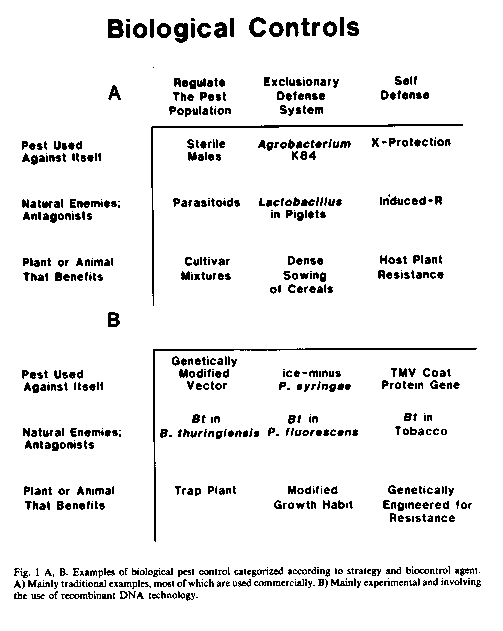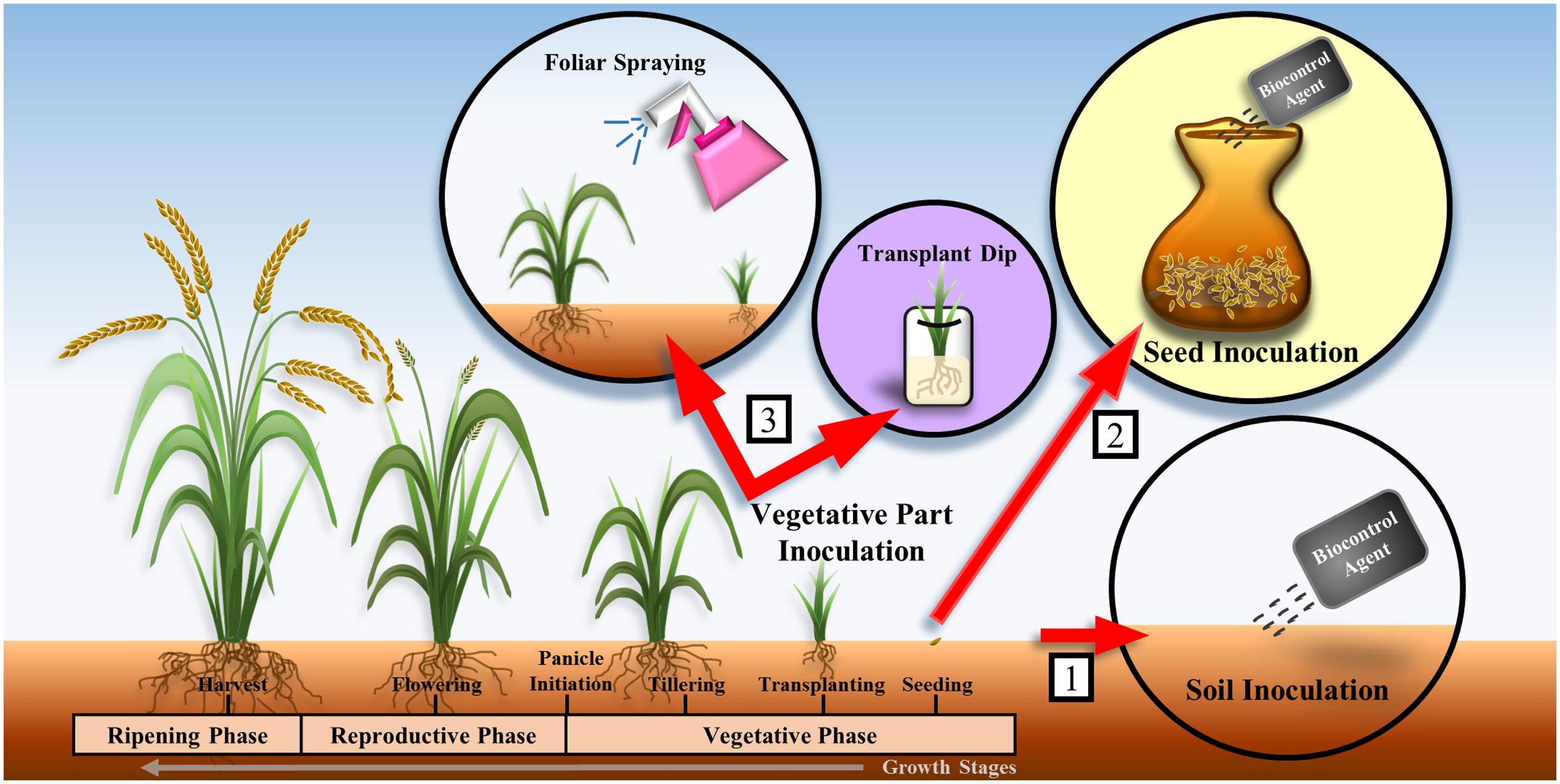

Low-toxicity, soil applied biodegradable alginate hydrogel beads for ant control were developed by Hoddle Lab. Invasive ants eat honeydew excreted by sap sucking pests (aphids, scale, mealybugs, pysllids, etc) and protect these pests from being attacked by their natural enemies. ‘Classical’ biocontrol targets a non-native pest with one or more species of biocontrol agents from the pest’s native range 2.

This view contrasts with one of the most commonly suggested hypotheses for the success of biological control agents: the agents do well because of the removal of the top down regulation imposed by natural ene-mies in the agent’s native habitat. Milosavljević was promoted to Supervisory Project Scientist in 2020 and awarded a California Department of Pesticide Regulation (CDPR) grant to investigate whether insectary plants (used to augment populations of natural enemies) and biodegradable hydrogel bead baits (for control of Argentine ants, Linepithema humile) can enhance natural enemy abundance and increase biological control of citrus pests. There are several general approaches to using biocontrol agents: 1. by causing local outbreaks of the biocontrol insect. His previous work examined the incidence, risk factors and strategies for management of elaterid soil pests in cereal crops.ĭr.

Milosavljević has had a heavy focus on: 1) researching the Asian citrus psyllid ( Diaphorina citri), and its primary wasp biological control agents Diaphorencyrtus aligarhensis and Tamarixia radiata 2) developing detection and control programs for invasive palm weevils ( Rhynchophorus palmarum) and 3) mitigating export risks associated with the quarantine thrips ( Caliothrips fasciatus). Milosavljević joined the Hoddle laboratory in 2016 as a postdoctoral researcher.


 0 kommentar(er)
0 kommentar(er)
